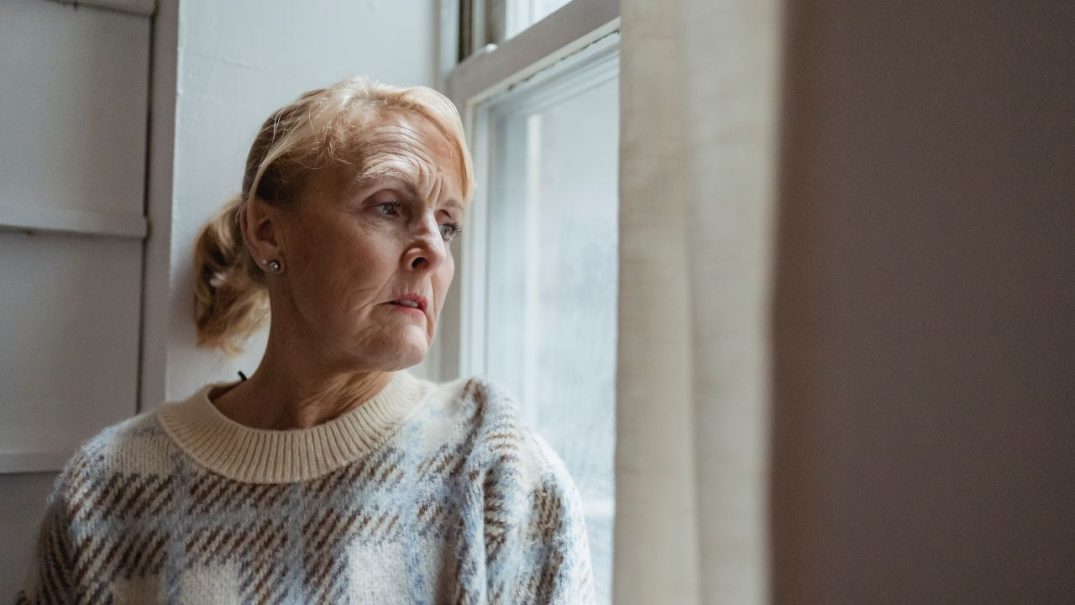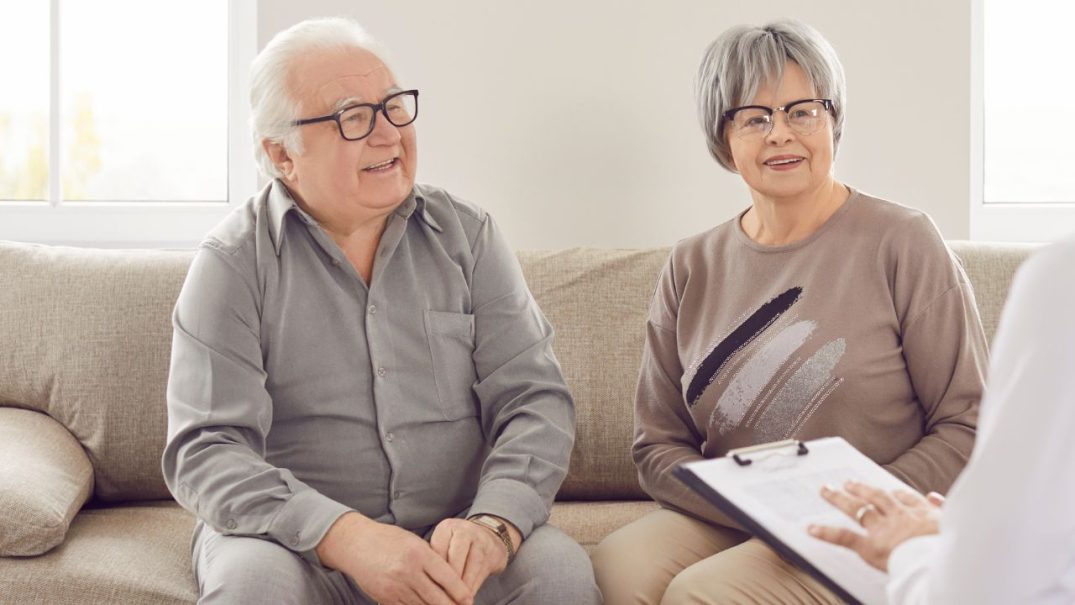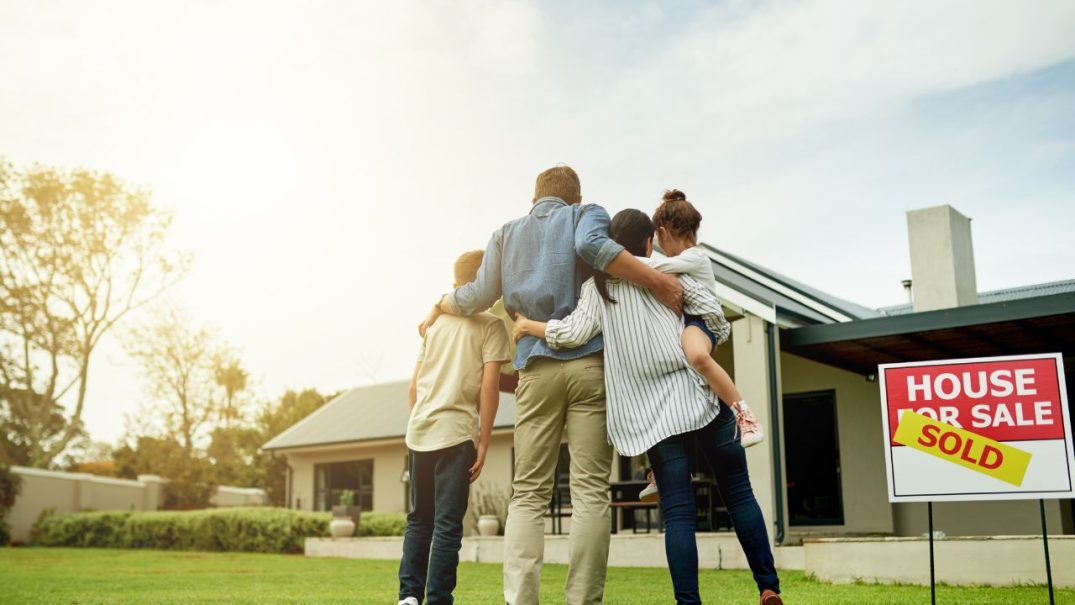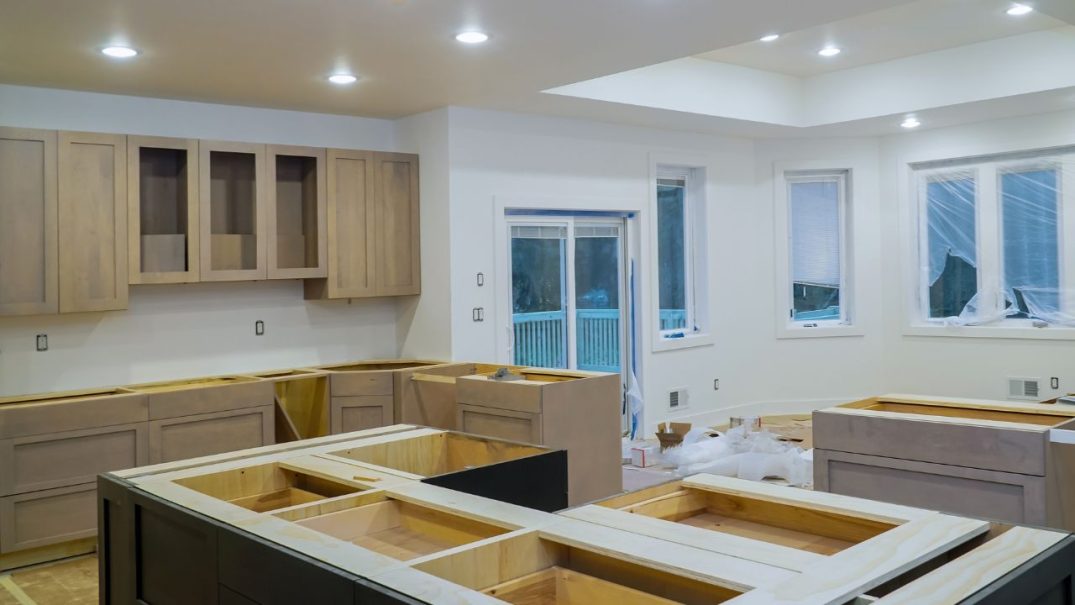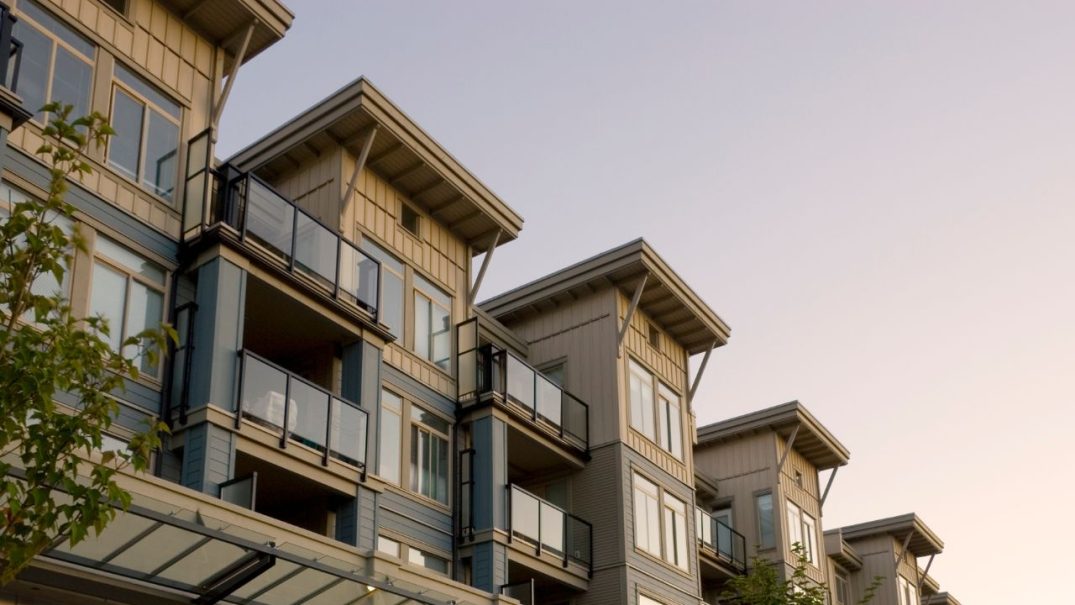
Ensuring Safety, Comfort, and Practicality
When seniors are thinking about buying a house, it’s crucial to assess if the property fulfills their present and future needs. Some individuals choose to grow old in their own homes, and elderly individuals should carefully choose the property where they will live during their retirement. Whether seniors decide to stay in their current home or buy a new one, the residence needs to be secure, cozy, and functional to support a satisfying lifestyle. What level of activity do you plan to engage in? What kind of assistance do you receive? What kind of schedule will you need to engage with other people? What is necessary for your emotional well-being?
These are some questions to think about when deciding between aging in place, moving, or exploring retirement home possibilities.
When buying a home as an elderly person, it is important to think about certain aspects, like:
Lighting for inside and outside spaces
Various kinds of lighting fixtures are crucial; they are key factors that older home buyers need to consider. An excessively dark home can present a notable safety hazard, especially for elderly individuals who need sufficient lighting. Lack of adequate lighting can turn something as basic as a pair of shoes on the ground into a difficult barrier, highlighting the importance of having a well-lit indoor space and ample windows for natural light to illuminate the area.
Open floor plan
It is usually more difficult to navigate in smaller spaces, particularly if a house has narrow hallways or sharp corners. Having an open floor plan is perfect if there are mobility concerns or if a family member uses a walker in the house. Although many individuals prefer Bungalow-style homes, they can be hard to find and expensive in major Canadian urban areas. Nonetheless, it is easier to reach and more cost-effective in smaller urban areas. Individuals who prioritize Aging In Place may choose to remodel for a more spacious layout or opt for a Condo-style property. on the ground level to avoid the elevator and enjoy a ground-floor patio, which is perfect for a family pet.
Get your copy of the “Preparing to Downsize” guide
Slip-Resistant Flooring
As we get older, the chances of slips and falls increase, making it essential to consider slip-resistant flooring when assessing different homes. Expertise in senior real estate is specialized, and a well-informed agent can help you find it because they understand its importance. This could include tiles that prevent slipping, vinyl, or surfaces that improve the grip between the floor and the foot.
Carpeting and rugs can pose a safety hazard if they have too much friction
if their corners are curled or if surfaces are slippery.
Toilet Height
Shorter toilets pose risks and are not easily reached by individuals in wheelchairs. Senior real estate agents will search for raised toilets, and if they are not found, replacing the toilet is a low-cost project that can be done.
Grab Bars or Handrails
The majority of falls happen in one’s own residence, therefore older individuals should think about adding grab bars or handrails to reduce the risk of accidents. This is particularly crucial in slippery sections of a household, like bathrooms or spaces with stairs. It is simple to install grab bars and handrails.
Easy-to-Grab Doorknobs
A large number of elderly individuals struggle with joint stiffness or arthritis, leading to a lack of popularity for round doorknobs. Doors with levered handles are more convenient to grip and open and should be included in the house.
Location is crucial. The importance of location cannot be overstated.
The location of your home plays a crucial role in Seniors’ Real Estate as it will impact your future lifestyle significantly. Many elderly individuals favour living near their children and grandchildren, and it’s important to also take into account the nearness of important amenities such as supermarkets, medical centers, and leisure activities. Transit or specialized transportation services should also be considered.
Loneliness and Isolation
As we grow old, our surroundings evolve. Neighbours relocate, neighbourhoods transform, and it feels like our social circle is shrinking. This represents a crucial aspect that must be considered by seniors and their families.
What’s your home worth? Get a free comprehensive home report. Click here.

Roy Thomas SRES® (Senior’s Real Estate Specialist) is a REALTOR® with Sutton Group Professional Realty. Since 1991, Roy has specialized in helping retirees with their later-in-life real estate transactions.
Contact Roy here


